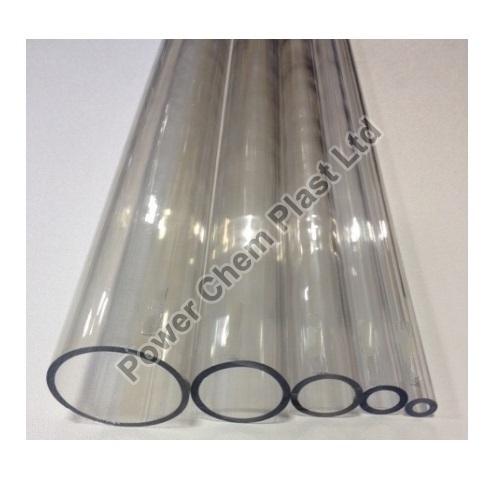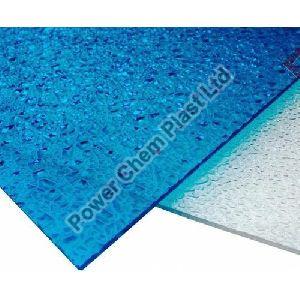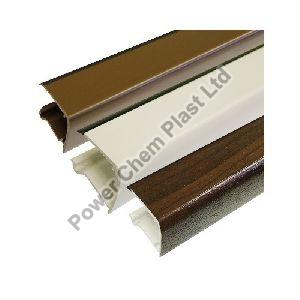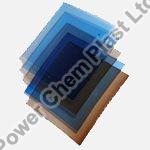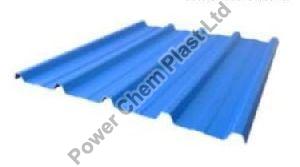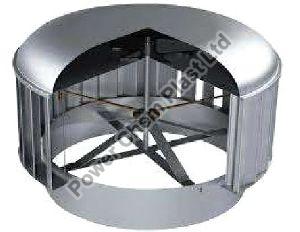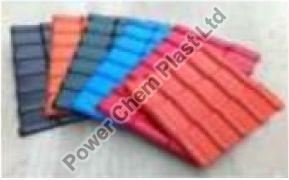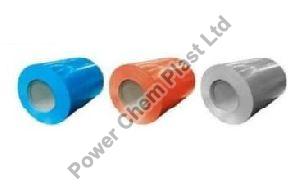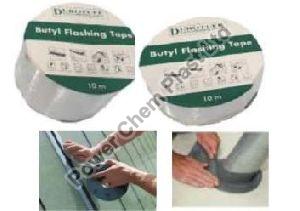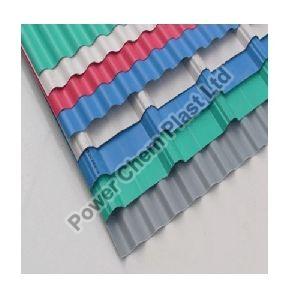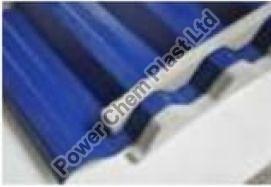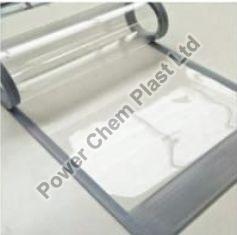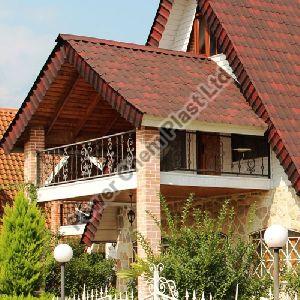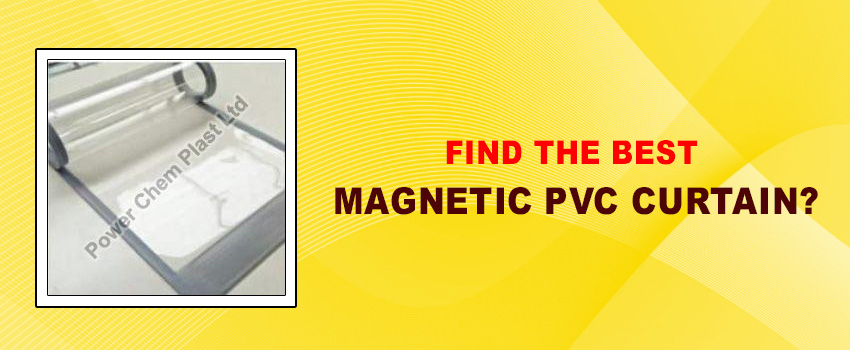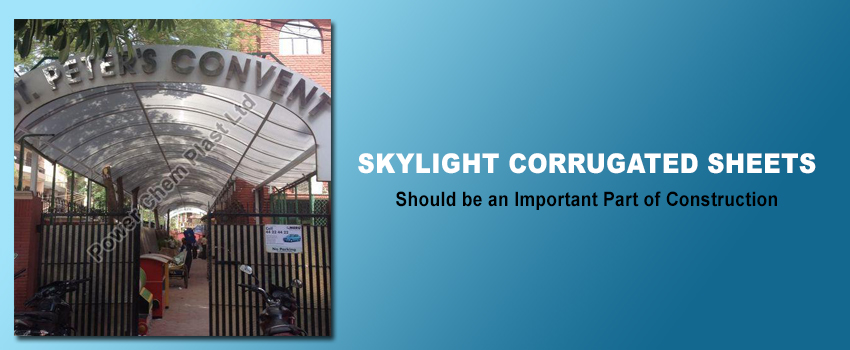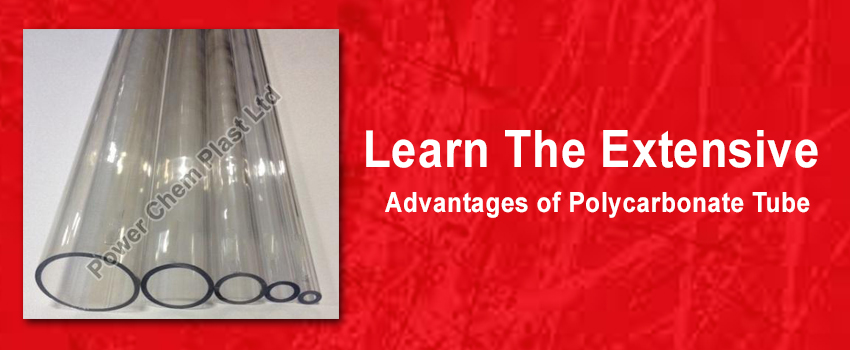Gautam Budh Nagar, Noida, Uttar Pradesh
- GST NO. : 02AABCP7960J1ZC
| Business Type | Manufacturer, Exporter, Supplier, Retailer, Wholesaler, Trader |
| Country of Origin | India |
| Plastic Type | Polycarbonate |
| Thickness | 2.5 mm to 4 mm |
| Click to view more | |
Preferred Buyer From
| Location | Worldwide |
Product Details
Power Chem Plast Ltd is a trusted Polycarbonate Tube manufacturer in India. Polycarbonate tubes are excellent in insulating applications and are resistant to flame and high temperatures. The tubes are bonded with adhesives or solvents and easily sawed, chopped, drilled, and machined
Creating Polycarbonate Tubing
Extrusion is a method used to make polycarbonate tubes. A conveyance channel with heating elements and a screw mechanism, a hopper that hangs overhead and retains the raw material, and a die situated at the end of the conveyance channel that moulds the plastic into a tubular configuration are all used in the extrusion process.
The raw material is poured out of the hopper and into the conveyance channel in the first step of the procedure. Next, the raw material, or stock, is heated and reduced to molten material by friction and heat applied by the rotating screw mechanism and heating elements inside the channel. The freshly manufactured tube is either dispatched for additional processing or is ready for direct transport after cooling.
Polycarbonate Tubing Benefits
Making polycarbonate tubes is inexpensive and requires little energy. They are robust, can be produced in a range of colours and levels of transparency, can be as translucent as glass, and make excellent insulators. Polycarbonate tubes are valuable in weight-sensitive applications due to their lightweight nature, amazing strength, and insulating qualities. Polycarbonate is a dependable material. It has a great degree of clarity and is half as heavy as glass.
Order these tubes from us today.
Specification
| Physical Properties | Value / Unit | Standard |
| Density | 1.2g/cc | ASTM D792 |
| Water Absorption | 0 | 24Hrs.@73F ASTM D 570 |
| Water Absorption at Saturation | 0 | Equilibrium,73F ASTM D 570 |
| Shrinkage | 0.005-0.007 cm /cm | Flow.0.125 inch. ASTM D 955 |
| Melt Flow | 7 g/10 min | 300C/1.2kgf (o) ASTM D 1238 |
Specification 02
| Mechanical Properties | Value / Unit | Standard |
| Hardness, Rockwell M. | 70 | ASTM D 785 |
| Hardness, Rockwell R. | 118 | ASTM D 785 |
| Tensile Strength @Break | 65.5 Mpa | Type 1, 2.0 in/ Min, ASTM D 638 |
| Tensile Strength @Yield | 62.1 Mpa | Type 1, 2.0 in/ Min, ASTM D 638 |
| Elongation at Break | 1.1 | Type 1, 2.0 in/ Min, ASTM D 638 |
| Elongation at Yield | 0.07 | Type 1, 2.0 in/ Min, ASTM D 638 |
| Flexural Modulus | 2.34 Gpa | 0.05 in/min, 2” span, ASTM D 790 |
| Flexural Yield Strength | 93.1 Mpa | 0.05 in/min, 2” span, ASTM D 790 |
| Fatigue Strength | 6.89 Mpa | Fatigue Limit, 2.5 MM Cycles, ASTM D 671 |
| Izod Impact, Unnotched | 32 J/cm | 73F; ASTM D 4812 |
| Tensile Impact Strength | 546 kJ/m2 | Type “S” ASTM D 1822 |
| Falling Dart Impact | 169J | 73F, ASTM D 3029 |
| Taber Abrasion, mg/1000 Cycles | 10 | CS-17, 1 kg; ASTM D 1044 |
| Izod Impact, Notched | 0.08 J/cm | 73F; ASTM D 256 |
Specification 03
| Electrical Properties | Value / Unit | Standard |
| Volume Resistivity | Min 1e+017 ohm- cm | ASTM D 257 |
| Dielectric Constant | 2.96 | 1 MHz. ASTM D 150 |
| Dielectric Strength | 15 kV/mm | In ai, 125 mils, ASTM D 149 |
| Dissipation Factor | 0.009/0.01 | 60Hz, STM D 150/ 1 MHz; ASTM D 150 |
| Comparative Tracking Index | 250- 400 V | (+/-0.125 inch), PLC Code 2 UL 746A |
| Hot Wire Ignition, HWI | 7 – 15 sec | (+/-0.125 inch), PLC Code 4, UL 746A |
| High Amp. Arc Ignition, HAI | 60 – 120 arcs | Surface (+/-0.125 inch) PLC Code 1, UL 746 A |
| High Voltage Arc-Tracking Rate HVTR | 25.4–80mm/min | (+/-0.125 inch), PLC Code 2; UL 746A |
Specification 04
| Thermal Properties | Value / Unit | Standard |
| CTE linear 68oF | 68.4 um/ m-deg. C | Flow-40F to 200F; ASTM E 831 |
| Heat Capacity | 1.26 J/g. deg. C | ASTM C 351 |
| Thermal Conductivity | 0.19W/m-K | ASTM C 177 |
| Deflection Temperature at 0.46 Mpa (66 psi) | 138 deg. C | 0.250 inch, unannealed, ASTM D 648 |
| Deflection Temperature at 1.8 Mpa (264 Psi) | 132 deg. C | 0.250 inch, unannealed, ASTM D 648 |
| Vicat Softening Point | 154 deg. C | Rate B, ASTM D 1525 |
| UL RTI, Electrical | 130 deg. C | UL 746B |
| UL RTI, Mechanical with Impact | 130 deg. C | UL 746B |
| UL RTI, Mechanical without impact | 130 deg. C | UL 746B |
| Flammability, UL 94 | HB | 0.029 in. |
Looking for "Polycarbonate Tubes" ?
Explore More Products
Our Blogs

